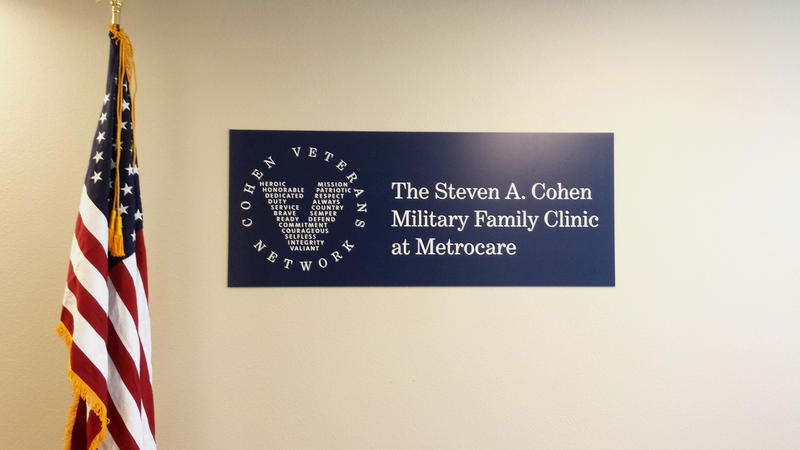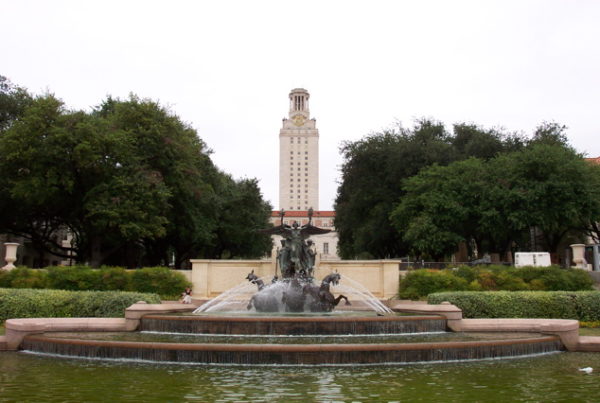From KERA News:
In 2004, Steve Papania was patrolling Kirkuk, Iraq, as a rifleman in the U.S. Army. He’d enlisted immediately after 9/11.
“We did a lot of raids, where we were kicking doors in and arresting people. We’d come into contact with [improvised explosive devices]. We’d have somebody shooting through the door at you, while you were trying to get inside,” Papania said. “It would put you in these weird situations where you were just in a constant state of alert.”
Papania left the military in fall 2005 and came home to North Texas. He’s originally from Rowlett. Like many soldiers, Papania had a difficult time with the transition back to everyday life.
“A year ago, you had a sense of purpose and you had a mission, and you were going through these sort of intense things in your life, and then you get home, and you have people who are more concerned about things that to you don’t really seem that important.”
When he got out of the army, he worked in the grocery section of a big box retailer while he was going to school, and a woman berated him because there weren’t anymore green beans.
“And you know, it was really frustrating, and you kind of sort of overreact and get a little too aggressive when you shouldn’t,” he said.
Papania figured out he had anger management issues and eventually post traumatic stress disorder, or PTSD. Like a lot of vets, he resisted treatment; he thought he didn’t need it and, to a degree, didn’t deserve it as much as other soldiers who had been through worse. Instead, he turned to alcohol.
“At the same time, I was having difficulty sleeping. I was having nightmares and night terrors, where if somebody woke me up by touching me, I’d swing at them because I didn’t know who they were, and I’d just wake up with the impression that I was under attack,” he said.
Papania’s story is common. A soldier returns home from war, haunted by the things he or she saw or did. While many veterans, like Papania, come back with severe mental trauma like PTSD or traumatic brain injury, many more soldiers don’t. Two-thirds, to be exact. They struggle just with figuring out how to leave the military behind. The habits, the camaraderie and the sense of purpose are difficult to shed. Often times, these veterans can’t find a support system at home.
“I was fortunate that I had a really supportive family and really supportive friends, but at the same time, it’s hard for them to understand,” Papania said.
On top of that, most psychiatrists aren’t well-equipped to deal with the language and the cultural nuances of the veteran population, according to Dr. John Burruss, who’s the CEO of MetroCare Services, which runs the new veteran clinic.
“The VA certainly does, but they often runs into limitations,” Burruss said.
Those include bureaucracy and lengthy wait lists, which NPR explored in a series this spring.














